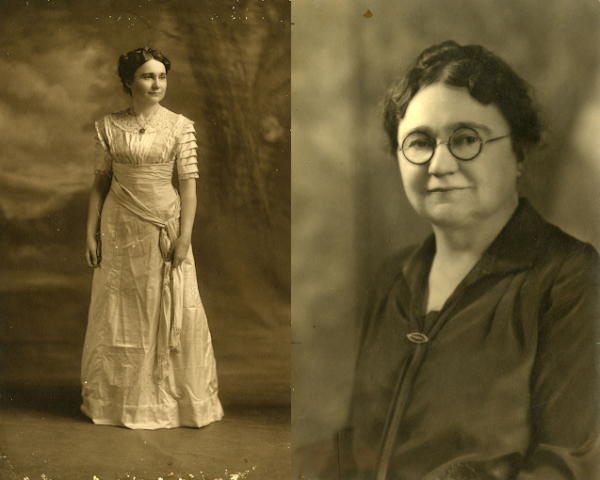Studies show coffee may have health benefits
Have a cup of joe, it could save your life.
Recent studies have shown that coffee may lead to long term health benefits. According to Dr. Robert H Shmerling of Harvard Health Publishing, coffee consumption is linked to decreased risk of cardiovascular disease, including heart attacks and strokes.
In the past, many studies thought that coffee had a wide range of detrimental effects. These effects ranged from stunting growth to contributing to cardiovascular diseases. However, such statements were disproved because of the high-risk behaviors associated with drinking coffee, such as smoking and physical inactivity.
Recent studies have shown no connection between heart disease and coffee, and some studies have shown that coffee may have health benefits, including protecting against Parkinson’s disease, type 2 diabetes and liver disease, including liver cancer. It may also help improve physical activity and cognitive processes and has shown to decrease the risk of depression.
“I used to drink a cup every single day,” said sophomore Adison Needham. “But now I try to cut down on coffee. (Some say) drinking coffee makes your teeth whiter.”
However, adding your cups of coffee should not come at the expense of other good habits. For example, if someone works an 80-hour week plus school, extra doses of coffee are not recommended because it will keep them awake and affect their circadian rhythm. In addition, using coffee as an excuse to work longer will make one dependent and inefficient.
“I drink coffee depending on how much work I have to do in a day,” said senior Anna Wolfe.
Since coffee is one of the world’s most chemically treated products in the world, it is important to watch how you are making it.
“I try not to drink coffee because I’m not sure about the health benefits,” said Guilford intern Matt Boone.
Espressos and unfiltered coffees have been shown to affect blood pressure levels and LDL, also known as bad cholesterol, levels. In addition, adding artificial substances such as artificial creamers and white sugar ruins the antioxidant properties found in caffeine. Instead, one should consider drinking coffee black or with healthy alternatives such as organic milk or plant-based milk.
Coffee’s secret ingredient is, of course, caffeine. Caffeine is the world’s most-consumed psychoactive substance. Its process lies in brain science in which adenosine, a neurotransmitter, binds to adenosine receptors and stimulates drowsiness by slowing down nerve cell activity. In the brain, this also causes vasodilation in blood vessels, to allow for more oxygen during sleep.
When coffee is consumed, caffeine looks so similar to adenosine that the brain binds caffeine to the adenosine receptors. While adenosine promotes a parasympathetic response in the body, caffeine has an entirely opposite effect of exciting the sympathetic nervous system. Caffeine causes blood vessels to constrict and causes nerve cells to speed up. Consequently, the pituitary gland senses the neurons firing and assumes there is an emergency and begins to release epinephrine and then causes the “flight or fight” response.
Epinephrine causes a variety of other bodily responses including dilated pupils, faster heartbeat, higher blood pressure, and extra energy from sugar released from the liver into the bloodstream. This explains why one would feel slightly jittery and excited after drinking even a single cup of coffee.









Taylor Hansen • Apr 20, 2020 at 3:37 pm
I found it interesting when you said that epinephrine causes the jittery and excited feeling of drinking coffee. My boss just told me today that I have to work an hour earlier than usual and I’m worried that I will be tired or groggy during the day. It’s probably a good idea to get a good coffee maker so I can have a fresh cup of joe every day before work. https://foamaroma.com/products/